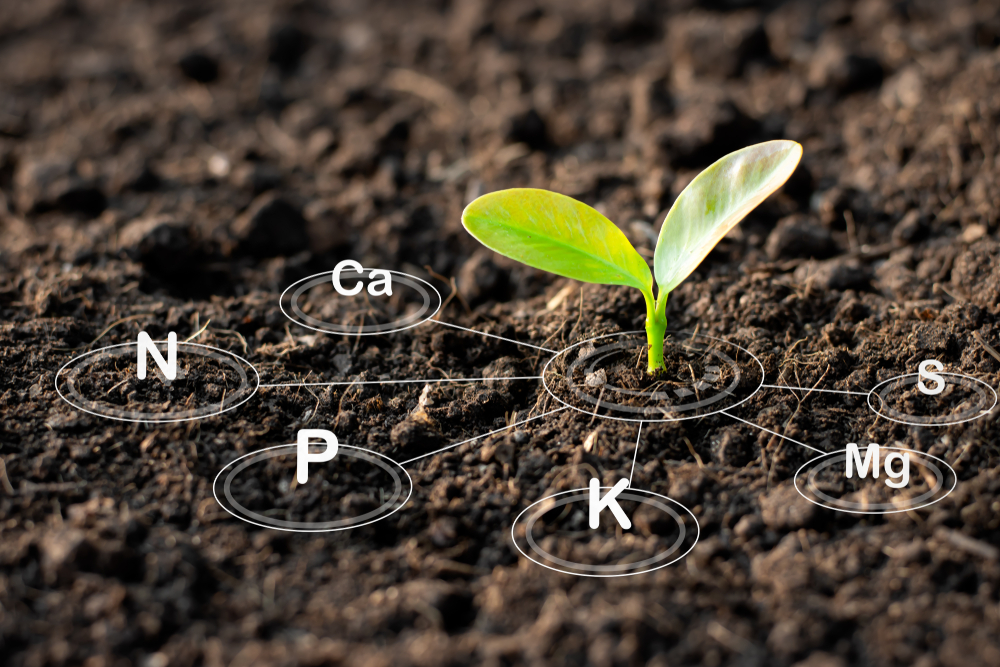We all think that life as a sportsman is all about playing sports, but recovery time is just as important as training time. It has to be said that the body needs rest after a lot of physical exertion, and the best way to do this is to ensure recovery through nutrition.
But what does this really mean? And how do you ensure adequate recovery?
What is recovery?
Training alters the way your body works at various points. This disruption completely changes your metabolism, but it must be admitted that this is necessary to improve sports performance.
So, after a sport effort, we can observe these different changes in your body:
- A variable loss of water and electrolytes
- Alteration of the integrity of the muscle cell
- Alteration of the digestive system
- Increased oxidative stress
- Depletion of your glycogen stores
- Depletion of fat reserves
- Decreased pH
- An imbalance in the acid-base balance
To recover all the energy expended during training, it is essential for your body to recover the full capacity of your metabolism. Recovery time is the time needed for the body to recover its full physical capacity.
The length of this period is 48 to 72 hours, but it varies according to an individual's physical condition, the nature and duration of the exertion, and nutritional status.
How to recover?
Recovery, contrary to what one might think is not simply resting (including sleep) for a period of time without physical exercise, a sort of little holiday for the muscles. It is not that simple.
Recovery certainly involves a break from daily training to give the muscles an opportunity to recover from heavy strain, but this period must be used wisely, to ensure full recovery of the body.
This recovery ensures that the body has sufficient energy reserves and is in optimum condition to resume sports planning, and that sports performance improves after each recovery period.
What are the conditions necessary for optimal recovery?
Recovery revolves around two essential points which are: the daily diet balanced and adapted to the physical efforts and the optimization of the metabolic window.
Balanced sports nutrition programme for good recovery
There is a difference between the diet of a person who rarely or not at all practises sport, and that of the confirmed sportsman. This can be explained by the difference in the total daily caloric expenditure, but also by the dietary requirements of the individual's sporting objectives.
A concrete example would be the difference between a bureaucrat who only does sport twice a week with the aim of improving his physical condition and a regular sportsman who practices between 1 and 2 hours a day, with the aim of gaining muscle mass, for example.
Since the body needs certain nutrients in precise proportions according to the specific objectives of the sportsperson, certain dietary habits are then strongly advised to be integrated into his daily food programme:
- Favour antioxidant foods: fruit and vegetables (preferably unpeeled), spices (turmeric is known for its anti-inflammatory properties), and good news: dark chocolate with 70% cocoa is also recommended.
- Eat foods rich in omega 3 :
|
Categories of food |
Food categories Food categories Examples of food |
Quantity of food |
Quantity |
consumption frequency Frequency of consumption |
|
Virgin oil: first cold pressing Virgin oil: first cold pressing |
Linseed oil Rapeseed oil |
2 tablespoons 2 tablespoons |
Daily | Daily |
|
Fatty fish Oily fish |
Sardines Mackerel |
Sardines Mackerels |
One can |
One can of mackerel 2 to 3 times a week |
|
2 to 3 times a week Oilseeds |
Hazelnut Almond |
A handful |
A handful of almonds |
2 times a day: breakfast and snack |
- Drink plenty of water: physical effort consumes a lot of water, so it is important to be sufficiently hydrated before any physical effort, and then to make up for dehydration after sport.
- Ensure a balance of acid and base: give priority to plant foods, limiting processed foods as much as possible, such as cold cuts, which contain a high amount of sodium chloride.
- Take care of the intestinal microbiota: many inflammations occur in the intestines, and the length of recovery from inflammation due to physical exertion depends on the state of the intestinal ecosystem. The preservation of this ecosystem is based on:
- A diet rich in fibre
- Limiting the consumption of red meat
- Moderation of sweets
- Rare use of antibiotics to the extent possible
Use of the metabolic window for recovery
The metabolic window is the period after physical exertion during which the body is most likely to recover. And it is from its duration of 48 to 72 hours that the recovery time is based. This period begins as soon as the physical exercise is completed, and is particularly concerned with the restoration of glycogen reserves and muscle integrity. After 10 to 12 hours of metabolic window, the metabolism can reach 50% of its initial state.
To take advantage of the metabolic window, it is important to establish some nutritional parameters:
- Encourage hydration after sport: apart from water, it is recommended to drink it alternately with recovery drinks. These drinks provide protein, minerals and, together with citrate and/or bicarbonate, facilitate rehydration. It is ideal for a rest of the digestive system to consume these drinks at intervals.
- Eat carbohydrate snacks in small bites: after 30 minutes to 1 hour of physical exertion, start eating foods as snacks while waiting for a meal. (Banana, hazelnut, dried fruit, etc. )
- Prioritise carbohydrate and alkalinising foods for your meals during recovery: rice, legumes, ripe fruit, etc.
- Avoid excessive animal meat protein, and opt for eggs, fish or vegetable protein.
- Use raw fat in meals (walnut oil, camelina oil, etc. )
Did you know that even the restoration of glycogen in an injured muscle can happen easily if the carbohydrate intake is properly increased? Well, now you know, it is a combination of a balanced daily diet and proper nutritional adaptation during the metabolic window that is the key to rapid and optimal metabolic recovery.




